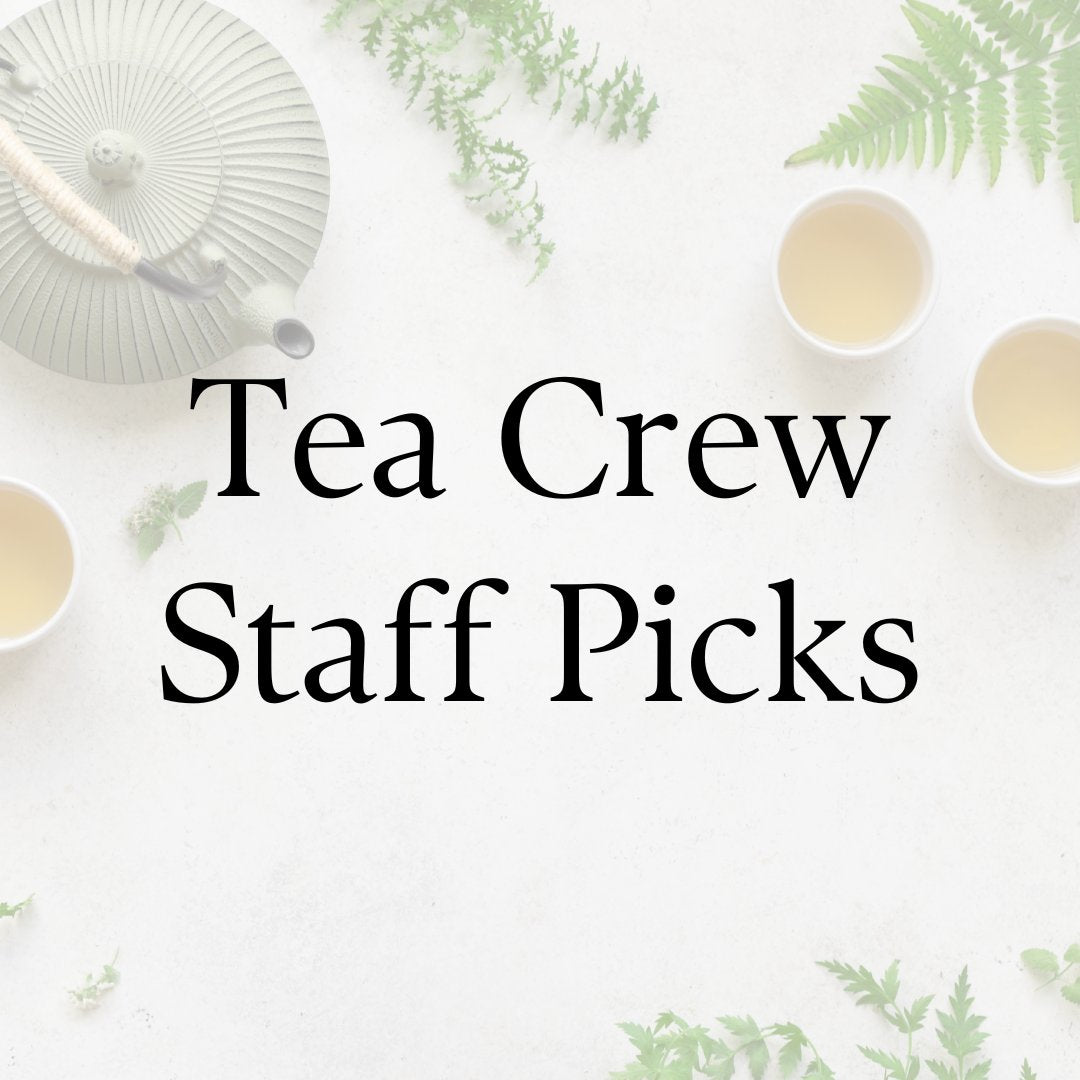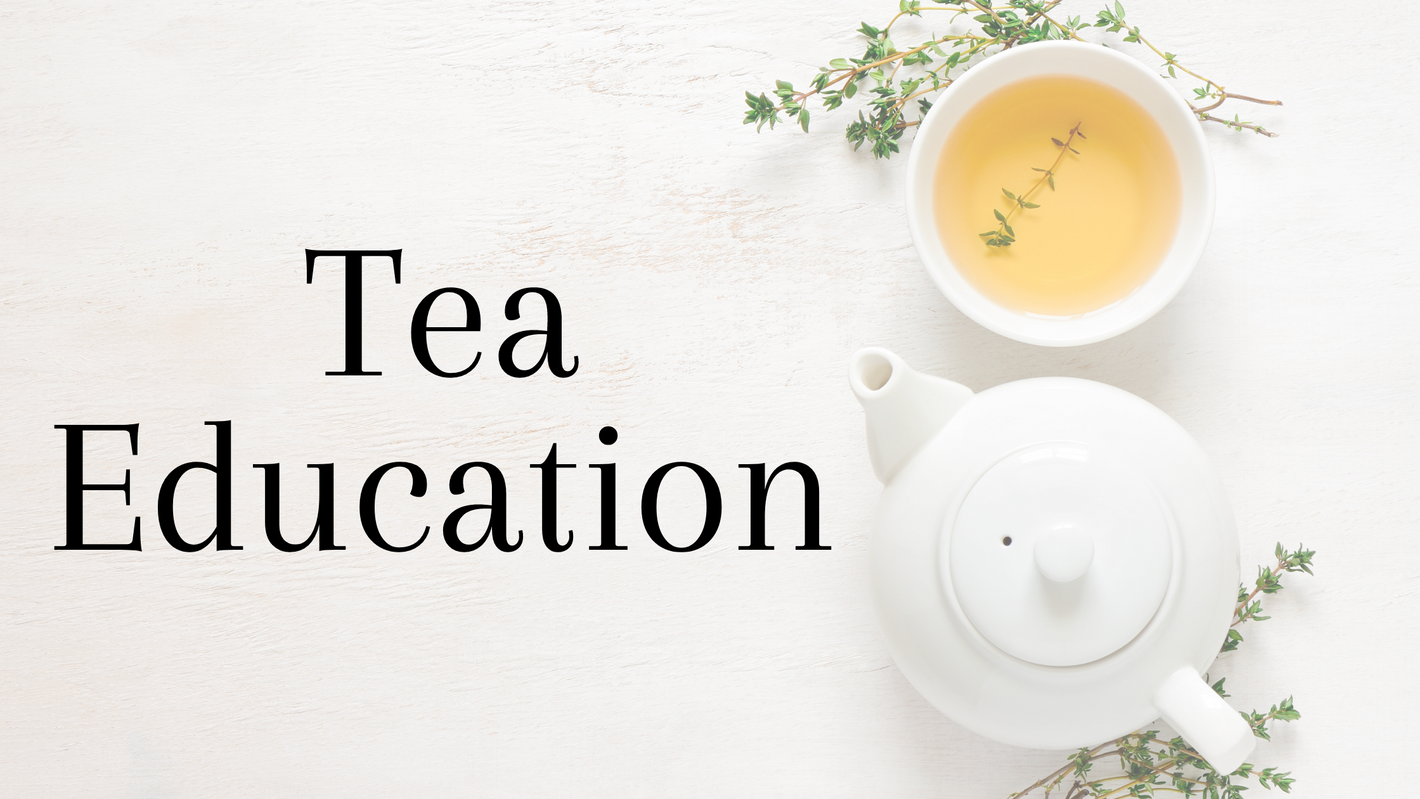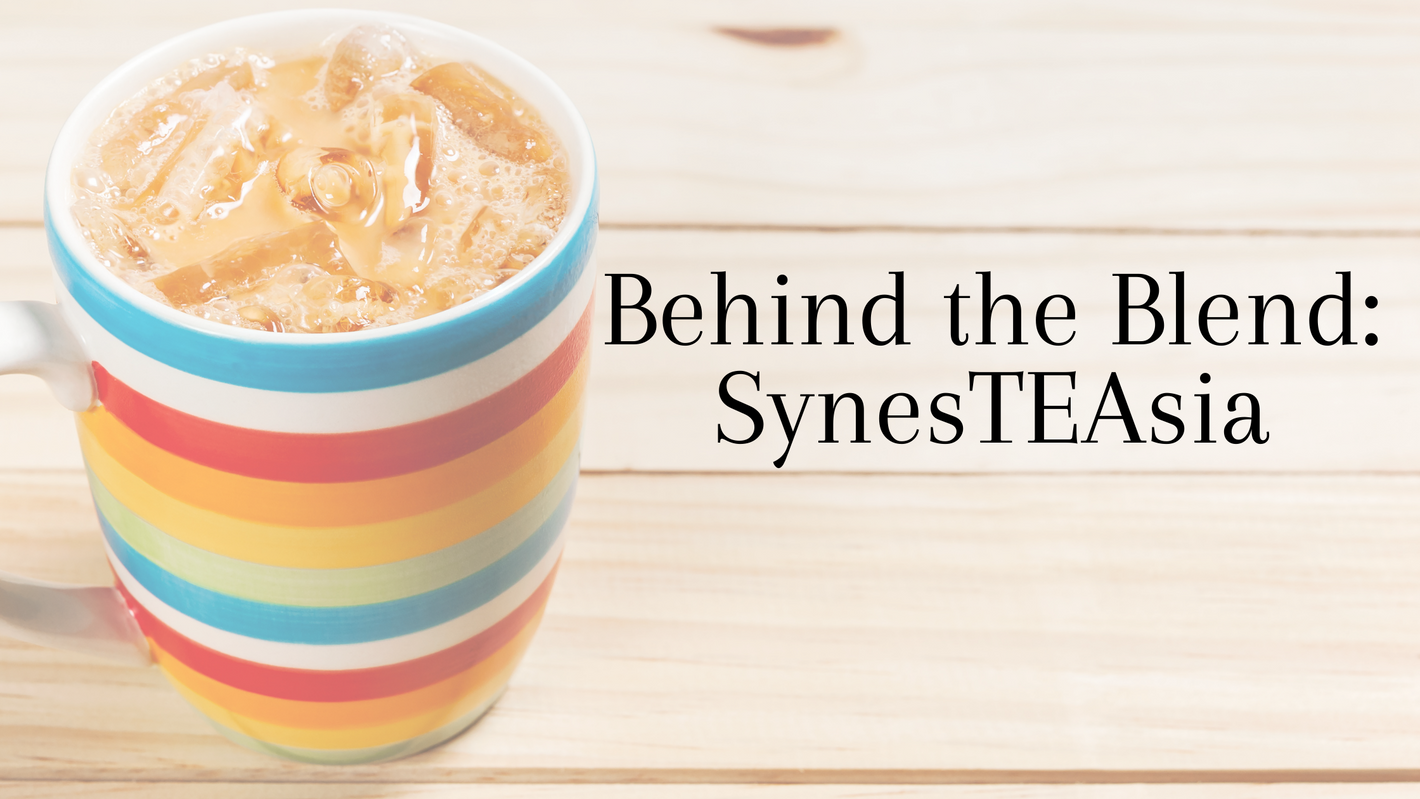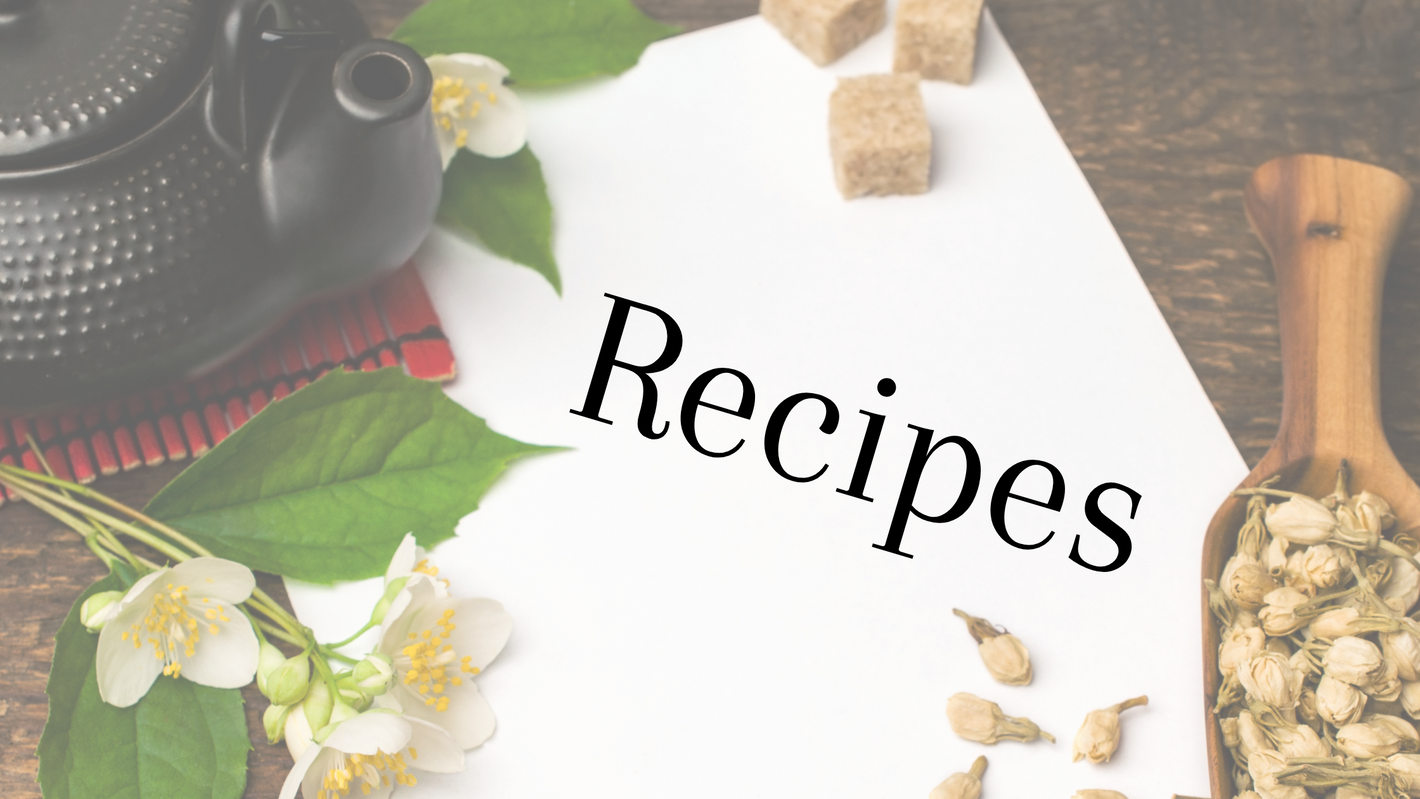The year is 1993. Cool sunlight filters through dusty oak leaves. I should be at school, but instead am on the couch of my home: a log cabin deep in the Sierra Nevada foothills. No school for me today, as my nose is stuffy, my throat is sore, and I've conned my mother into letting me stay home by playing sicker than I actually am. I am six years old and everything is going according to plan.
The clink of stainless steel on stoneware echoes in the kitchen as my grandmother stirs honey into chamomile. She brings me a cup of tea, which I've already decided I won't like, but the allure of any form of sugar piques my interest.
One sniff, one sip, and I'm hooked. The taste of chamomile with honey will transport me back to this moment for the rest of my life, forever immersing me in the feeling of grandmotherly love, safety, and Home.
Nothing big or important or life-changing happened that day, but I've never forgotten it. It was the first of innumerable kindnesses served in innumerable cups over my almost-four-decades and, like this memory, I carry them all with me.
Tea is magic like that.
Every continent has its own diverse set of tea cultures, from roadside chaiwalla stands outside Kolkata to afternoon tea in a bustling London hotel to Southern sweet tea on a porch in Georgia. The one thing they all have in common? Connection.
My partner refers to TTRPGs as "empathy engines," which is the most wonderful turn of phrase to me, and encapsulates how I feel about tea. Whether connecting with yourself, your surroundings, your studies or your fellow humans, tea is there for you. It is liquid love, somehow grounding and uplifting at the same time.
In Kenya, there's a popular motto: "Anytime is tea time!" Tea culture is a delightful mish-mash of English, Indian and indigenous local brewing practices, culminating in chai popups on street corners, and delicious fried desserts paired with locally-grown black teas. A sense of community is inherently tied into Kenyan tea culture: the moment one enters a home, it is the social standard to offer tea first thing!
In Ireland, tea is consumed all day, every day, by everyone, and is generally one of two bagged black teas (are you a Barry's or a Lyon's drinker?) taken strong with lots of milk and sugar. We see a sense of community around Irish tea culture as well: it's considered poor form to brew tea for one's self and not offer to everyone in the vicinity!
In Japan, we see two sides to tea culture: Chado, or "the way of tea," as the iconic matcha ceremony is called, popularly appeals to international visitors and serves as a beautiful touchstone for cross-cultural connection. The more common everyday consumption of tea is a constant flow with different green teas suited to each time of day and social circumstance. With a long, rich history of production and pairings, green tea serves as a common point for all of Japan's residents and visitors!
In Argentina, Yerba Mate is woven into the everyday, with gatherings often featuring a single gourd (aka "mate") passed around to share among friends. Some regions even have hot water taps on the streets to refill throughout the day. While the shared mate tradition has taken a hit in the time of COVID and the beverage is now typically enjoyed in a one-gourd-per-person fashion, the camaraderie and tradition remain intact!
In Thailand, layered milk teas and posh tea-based craft cocktails are THE social beverages of choice. Gathering with friends and family over fresh small bites and a wide range of drinks from blue peaflower iced tea to brown sugar boba to the iconic Thai Iced Tea, there's sure to be a different dessert tea and/or cocktail for everyone at the table!
Throughout the United States, the strong majority of households have tea of some kind or another. Whether it's cheap bagged Lipton, high-end caked 30 year puer, or any combination of categories, 80% of households in the US have one thing in common: tea is on hand to offer relaxation, an energizing boost, or a gentle anchor for a social as needed!
My grandmother used tea to offer comfort and it was a deeply impactful form of connection. In turn, I've made that act of kindness my life's work. Facilitating a compassionate third place for the community has illuminated other opportunities for kindness in its wake. Folks who are drawn to spend time in tea shops are inherently drawn as well to kindness and connection. We see it every day: strangers, old friends, first dates and solo adventurers forming bonds and offering each other small warmths over a cup.
All this to say: in a world that has many difficulties, stressors, disasters and heartbreaks, we have a globally tried and true tool for empathy and connection. Please remember to use it to take care of yourself and of the other humans in your orbit.
Thank you for being part of my communitea!
xoxo, Friday









1 comment
This is so lovely. 💖